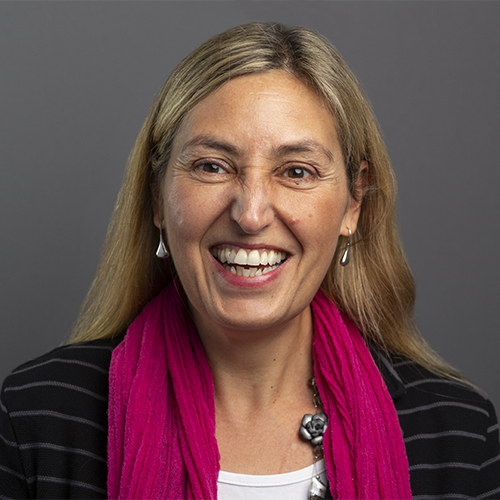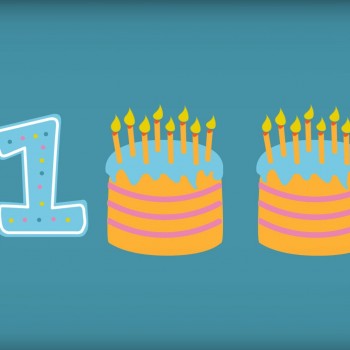
Bridging the knowing-doing gap
- Posted by Liz Gooster
- 3 Comments
- business coaching, change, knowing-doing gap, learning from failure
The inspiration for this post was in a chemistry meeting with a new coaching client, who asked: ‘In your experience, what do clients find the most difficult thing about coaching?’. Great question! It stopped me in my tracks and got me thinking. And of course, it depends … On the individual client, their organisational circumstances, other external factors and so on. But on reflection, I realised that one of the most common challenges clients experience is implementation.
I believe in everyone’s capacity to think creatively, innovatively and well. When people are given the time and space of a coaching session, lots of insights, ideas and plans often emerge. But change requires action, even if it’s a more intangible change like a shift in thinking patterns, so getting things done is essential. And difficult. Back in the hurly burly of day-to-day work life, with deadlines, demands, unexpected crises to fight, teams to manage and bosses to satisfy, it can be hard to keep on track. Combine this with our natural resistance to change and it can mean that even though we know what we want and need to do, actually doing it can be a different matter. Dr Edward Miller, former dean and CEO of the Johns Hopkins University School of Medicine, has been widely quoted as saying:
‘If you look at people after coronary-artery bypass grafting two years later, 90% of them have not changed their lifestyle. And that’s been studied over and over and over again. And so we’re missing some link in there. Even though they know they have a very bad disease and they know they should change their lifestyle, for whatever reason, they can’t.’
This is the essence of the knowing vs doing gap. We know what behaviour we have to change, but often we can’t actually get ourselves to do it – sometimes we’d literally rather die than change!
Change also means doing things differently, which presents its own difficulties. Doing things we haven’t done before, or haven’t done in quite the same way, runs the risk of getting it wrong, of making mistakes. So it can be easier to stay in our comfort zone, even though that isn’t delivering the results we want and even though we often learn as much from our failures as from our successes (see for example this Economist article on why learning from failure is so difficult). Another factor is that trying on new behaviours can feel distinctly uncomfortable, so we are often tempted to opt out on the grounds that it’s not really ‘us’ and it doesn’t feel authentic. In her influential book, Act Like a Leader, Think Like a Leader, Herminia Ibarra examines this tendency and shows why if we want to achieve different things we need to accept our discomfort until we’ve become practiced in the new behaviours we want to adopt. By this point, they have in fact become part of who we are, because we’ve changed.
Substituting talk for action is a common way of falling into the knowing-doing gap. Coaches need to confront this, as ours is a talking profession, even if ideally it is our clients who are doing most of the talking. When coaching leads to effective change, it helps clients consider what they’re really trying to achieve and determine how they’ll measure their progress. It enables clear goal-setting, a reality check on feasibility and produces specific actions. It provides a framework of accountability as well as encouragement. Fast Company Founder Alan Webber says ‘For successful companies, there is no knowing-doing gap. There is no difference between how they think, who they are, and what they do.’ In my view, this applies to people as well as companies. It also neatly side-steps the argument of authenticity as a reason to resist change, because if what you do reflects what you think, then you are being consistently ‘you’, even if that ‘you’ changes and progresses over time. Change takes commitment and courage and good coaches can walk alongside their clients, supporting them as they walk across the bridge of their own knowing-doing gap.
If you liked this you might also be interested in:
- Jeffrey Pfeffer and Robert Sutton’s book, The Knowing-Doing Gap
- This Fast Company article, Why can’t we get anything done?
- This blog post by Neil Morrison on learning from failure
- My review of Herminia Ibarra’s Act Like A Leader, Think Like A Leader
- My review of Gretchen Rubin’s book, Change Your Habits, Change Your Life

I like to describe myself as happily ‘At Large’ in an independent portfolio career, balancing coaching, leadership development, coach training and being a mum to my young daughter. Positive psychology is a big influence on my work and I’ve recently gained an MSc in Applied Positive Psychology & Coaching Psychology from the University of East London. My interests include reading, writing, travel, yoga, Zumba, coffee and wine! Connect with me on LinkedIn and sign up for my newsletter, Positive Intentions.



3 Comments